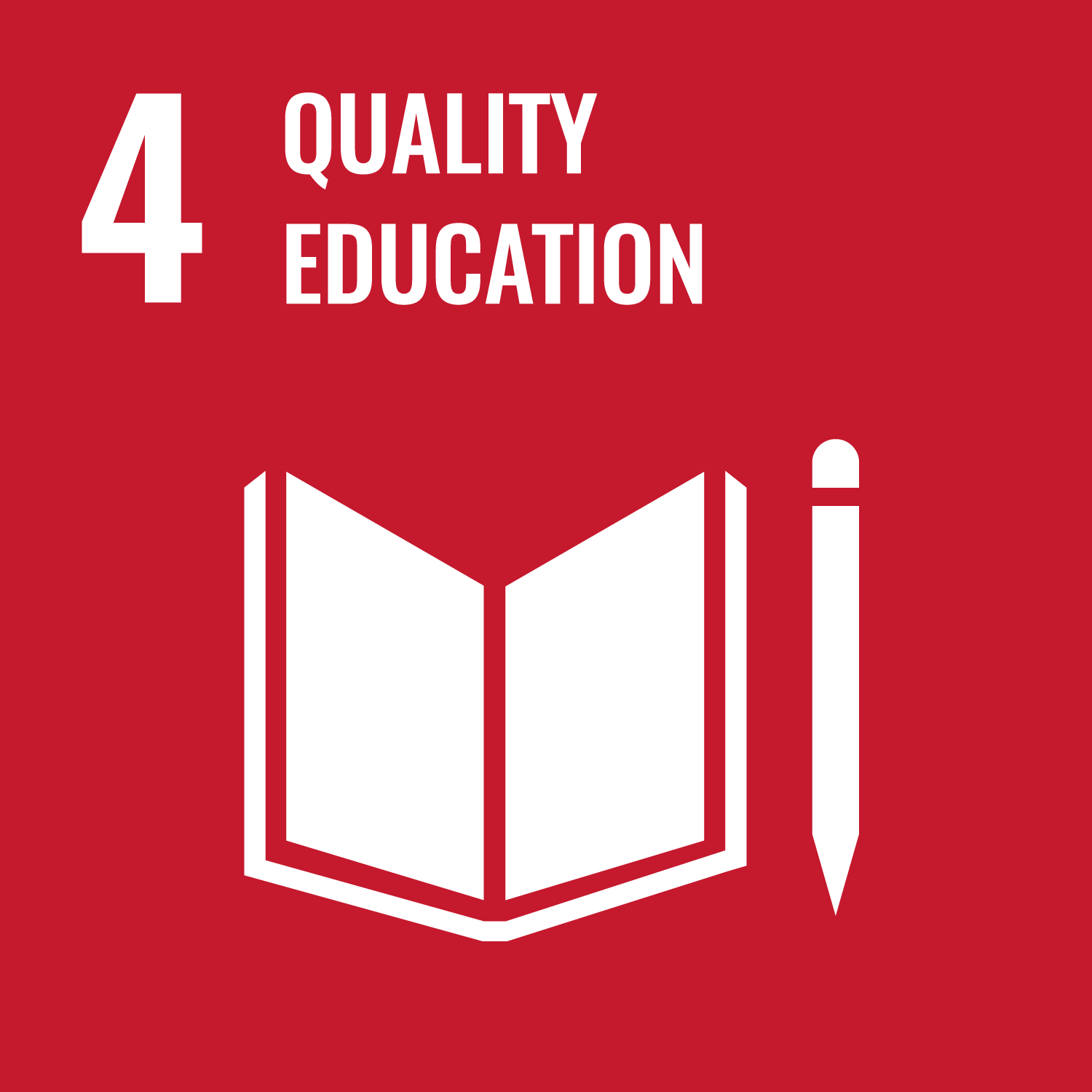ORCID
- Nicola Brennan: 0000-0002-2165-0155
- Tracey Collett: 0000-0002-8541-0417
Abstract
CONTEXT Medical education in the UK has recently undergone radical reform. Tomorrow's Doctors has prescribed undergraduate curriculum change and the Foundation Programme has overhauled postgraduate education. OBJECTIVES This study explored the experiences of junior doctors during their first year of clinical practice. In particular, the study sought to gain an understanding of how junior doctors experienced the transition from the role of student to that of practising doctor and how well their medical school education had prepared them for this. METHODS The study used qualitative methods comprising of semi-structured interviews and audio diary recordings with newly qualified doctors based at the Peninsula Foundation School in the UK. Purposive sampling was used and 31 of 186 newly qualified doctors self-selected from five hospital sites. All 31 participants were interviewed once and 17 were interviewed twice during the year. Ten of the participants also kept audio diaries. Interview and audio diary data were transcribed verbatim and thematically analysed with the aid of a qualitative data analysis software package. RESULTS The findings show that, despite recent curriculum reforms, most participants still found the transition stressful. Dealing with their newly gained responsibility, managing uncertainty, working in multi-professional teams, experiencing the sudden death of patients and feeling unsupported were important themes. However, the stress of transition was reduced by the level of clinical experience gained in the undergraduate years. CONCLUSIONS Medical schools need to ensure that students are provided with early exposure to clinical environments which allow for continuing 'meaningful' contact with patients and increasing opportunities to 'act up' to the role of junior doctor, even as students. Patient safety guidelines present a major challenge to achieving this, although with adequate supervision the two aims are not mutually exclusive. Further support and supervision should be made available to junior doctors in situations where they are dealing with the death of a patient and on surgical placements.
DOI Link
Publication Date
2010-01-01
Publication Title
Medical Education
Volume
44
Issue
5
ISSN
0308-0110
Deposit Date
2024-06-04
Keywords
Adaptation, Psychological, Attitude of Health Personnel, Education, Medical, Undergraduate, Female, Humans, Interpersonal Relations, Male, Medical Staff, Hospital, Stress, Students, Surveys and Questionnaires, United Kingdom
First Page
449
Last Page
458
Recommended Citation
Brennan, N., Corrigan, O., Allard, J., Archer, J., Barnes, R., Bleakley, A., Collett, T., & de, B. (2010) 'The transition from medical student to junior doctor: today's experiences of Tomorrow's Doctors.', Medical Education, 44(5), pp. 449-458. Available at: 10.1111/j.1365-2923.2009.03604.x


